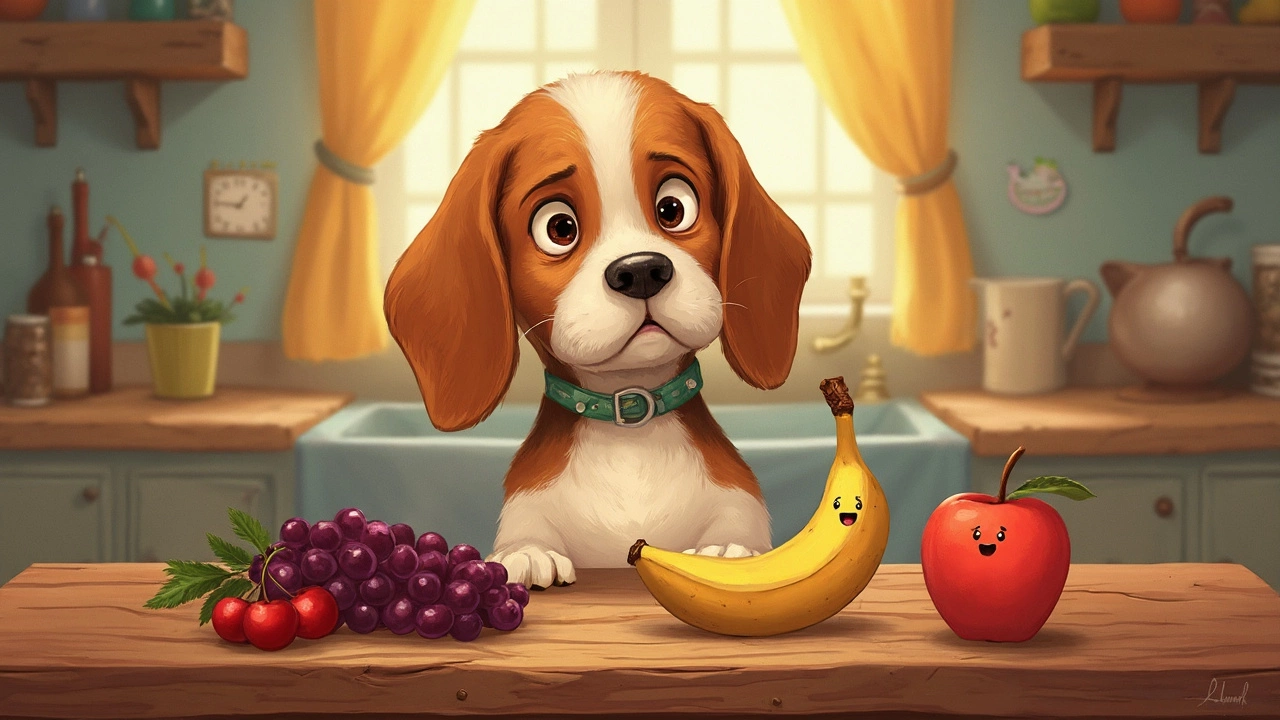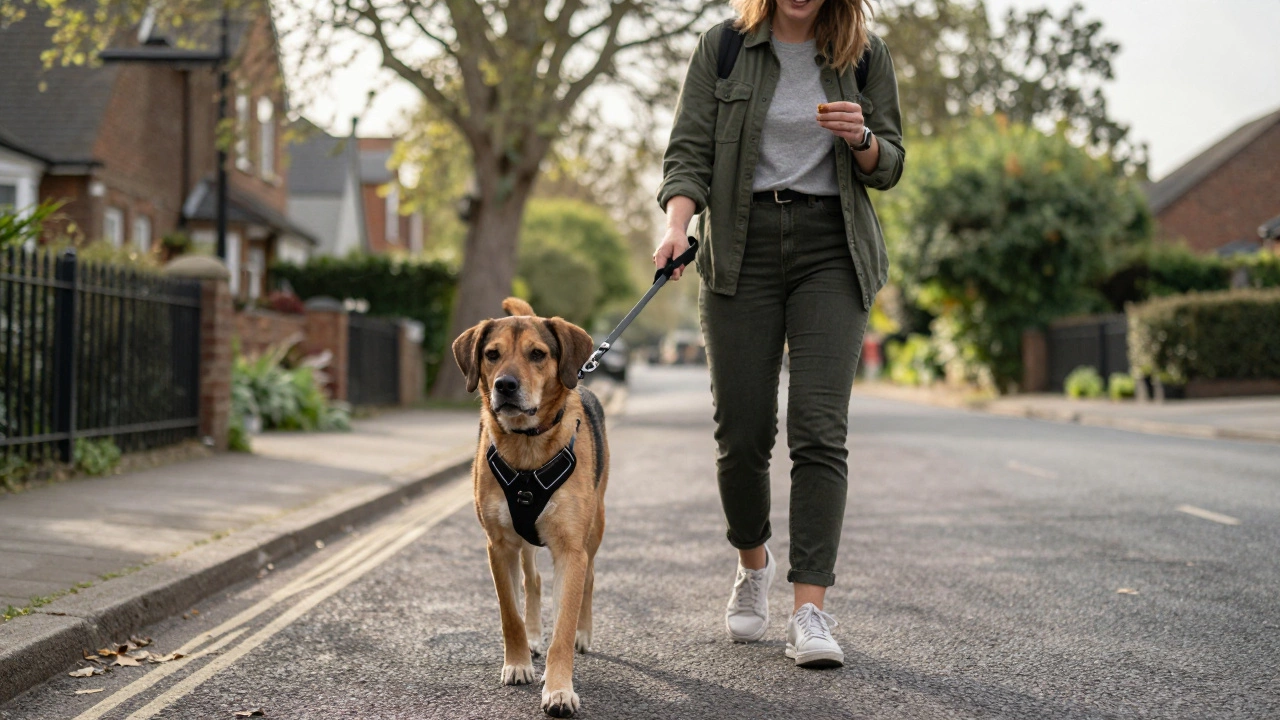Harmful Fruits for Dogs: What Every Owner Should Know
We all love sharing a snack with our furry friends, but not every fruit is a good idea. Some sweet treats hide toxins that can make your dog very sick. Knowing which fruits to skip is the easiest way to keep your pet safe and healthy.
Common Toxic Fruits and What They Do
Grapes and raisins are at the top of the danger list. Even a handful can cause sudden kidney failure. Symptoms appear fast – you might see vomiting, diarrhea, or lethargy within a few hours.
Citrus fruits like lemons, limes, and grapefruits contain essential oils and citric acid that can irritate a dog’s stomach and lead to drooling or an upset tummy. A small lick is usually fine, but a full bite can cause trouble.
Stone fruits – think peaches, plums, cherries, and apricots – have pits that can choke or cause intestinal blockages. The pits also contain cyanide‑producing compounds. If your dog eats the flesh, watch for signs of stomach pain or weakness.
Avocado isn’t a fruit most people think of, but the skin and pit contain persin, a toxin that can cause vomiting and diarrhea in dogs. The creamy flesh is less risky, yet many vets still recommend avoiding it.
Tomatoes (yes, technically a fruit) have green parts packed with solanine. This chemical can cause stomach cramps, weakness, and confusion if your dog munches on leaves or unripe fruit.
How to Keep Your Dog Safe Around Fruit
First, treat fruit as a treat, not a regular part of the diet. One small piece of a dog‑friendly fruit like apple (no seeds) or banana is fine once in a while. Always remove seeds, pits, and cores – they hide both choking hazards and toxins.
Store fruit out of reach. A simple bowl on a high counter can stop an accidental snack. If you’re cooking or baking, clean up any fruit scraps right away.
If you suspect your dog ate something dangerous, act fast. Call your vet or an emergency pet poison line. Note what they ate, how much, and when it happened – that information helps the vet decide on treatment.
Lastly, replace risky fruit with safe options. Carrots, blueberries, and watermelon (seedless) are low‑calorie treats that most dogs love and that won’t harm their kidneys or gut.
Keeping an eye on what’s in the bowl, the trash, and the kitchen counter can prevent most accidents. A little caution goes a long way toward a happy, healthy pup.
Fruits Dogs Should Steer Clear Of
Confused about which fruits your dog should avoid? Many believe that fruits are all safe for Fido but beware: some can be harmful. From grapes to cherries, this article explores the fruits that should be kept out of your dog’s bowl. It also provides tips on safer snack alternatives to keep your furry friend both happy and healthy.






